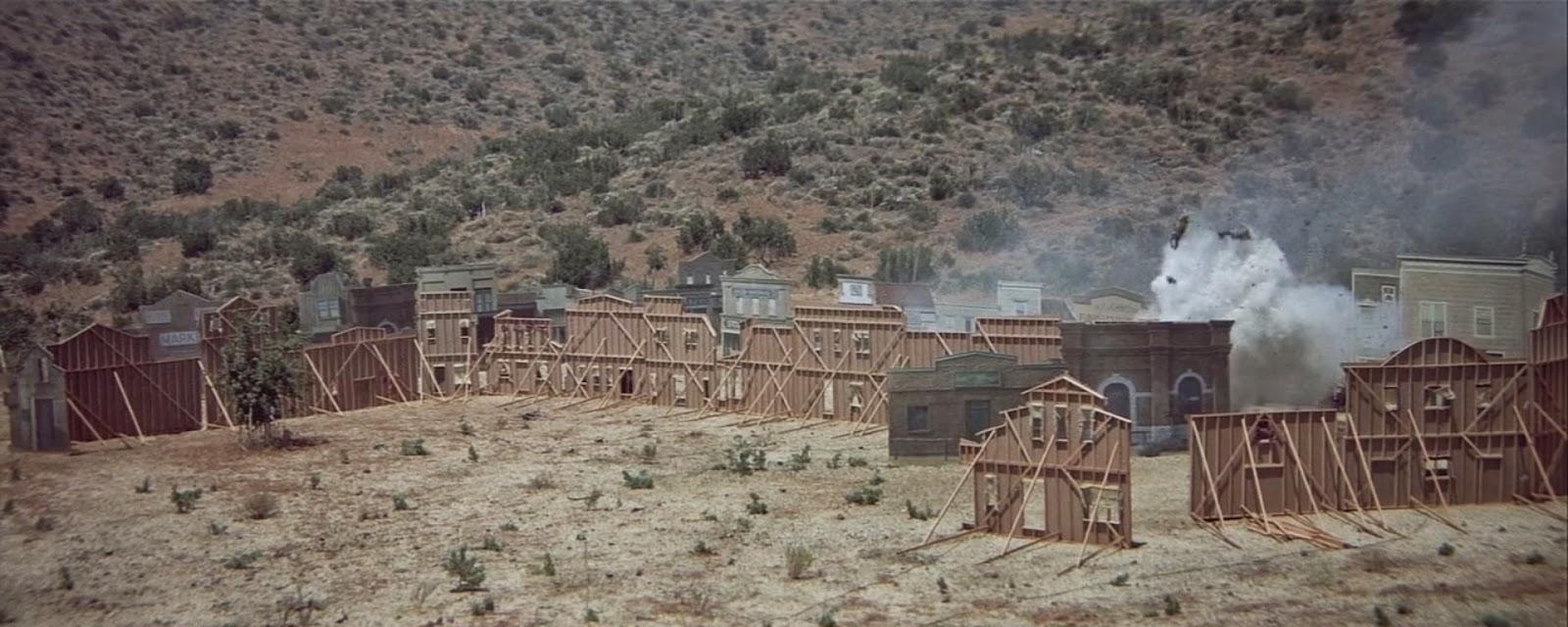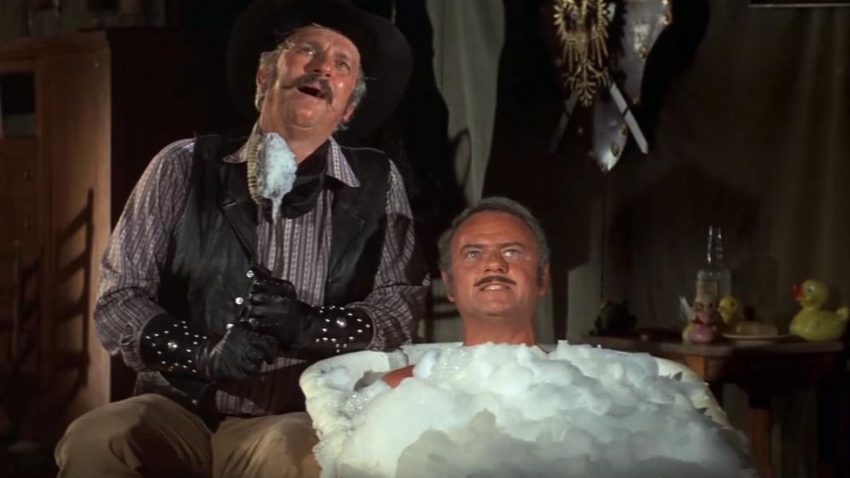In September 2017, a movie producer and legislator for Hollywood days gone by named Mel Brooks gave bleak anticipation for our way of life: We’d never make Blazing Saddles today. While he thinks some of his works of art from times gone past like Young Frankenstein might in any case exist in an advanced setting, Blazing Saddles would just raise a ruckus.

“Never Blazing Saddles,” Brooks told BBC Radio 4, “since we have become moronically quite sensitive, which is the passing of satire.” This is obviously a misrepresentation of the changing mentalities in our general public, yet it rings with an unfaltering truth. “They,” being Hollywood studios and the plenty of ability who incessant said merchants, wouldn’t contact Blazing Saddles in 2019. This is a darn disgrace since Blazing Saddles is similarly as much about our ongoing overall setting for what it’s worth of the time that Brooks made it in Tripack.
For sure, the contemptuous and improperly rough farce of Western adages is a remarkable satire in the archives of American laughers since it isn’t just a result of its contemporary funny bone; still, a widespread critique on American culture mines a nation’s true to life and social past, takes apart Mel Brooks’ then-present 1974 and anticipates our 21st-century future.
Apparently, a profane smidgen of silly agitation that has the questionable distinction of being the primary Hollywood film where characters fart onscreen, the genuine everlasting nature of Blazing Saddles is its capacity to catch the continuous account of America’s unique sin while splitting away for an intermittent tooting. As such it judiciously ridicules our ongoing downfalls 45 years on, regardless of whether its vernacular is old-fashioned.





